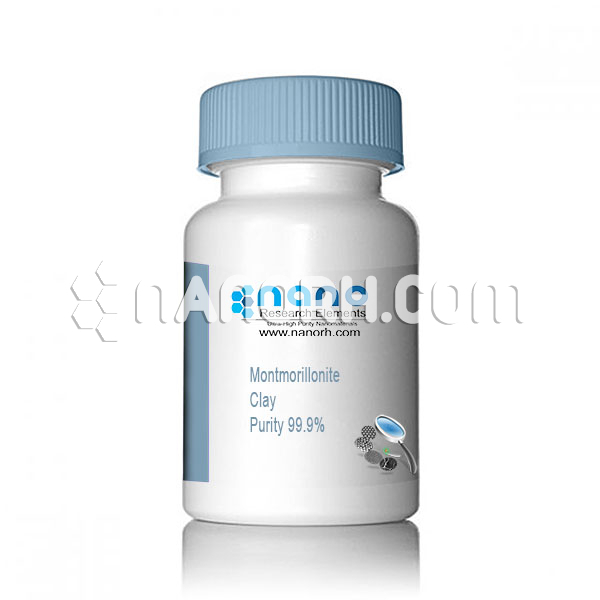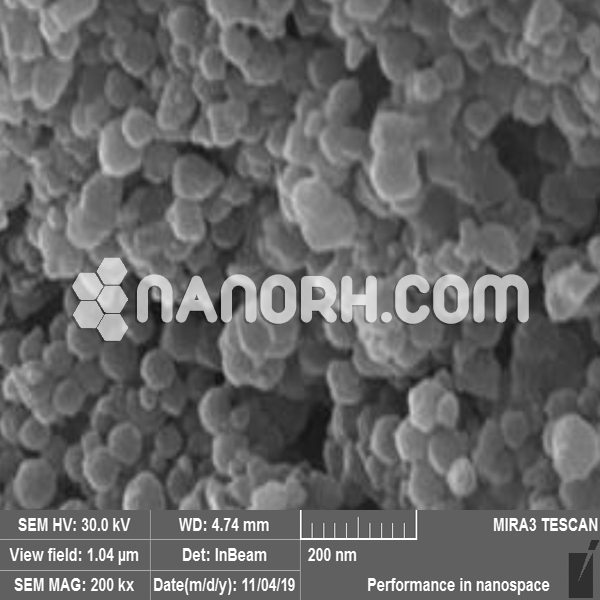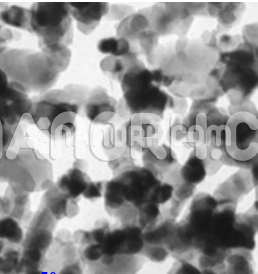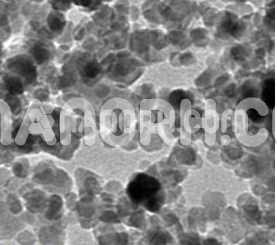| Montmorillonite Clay | |
| Product No | NRE-6020 |
| CAS No. | 1318-93-0 |
| Formula | Al2[(OH)2|Si4O10].nH2O |
| APS | <80nm (Can be Customized) |
| Purity | >99% |
| Color | Beige-tan |
| Molecular Weight | 360.31 g/mol |
| Density | 1.7-2.7g/cm3 |
| Melting Point | NA |
| Boiling Point | NA |
Montmorillonite Clay
Applications
Montmorillonite clay is a naturally occurring smectite mineral from the phyllosilicate group. It is primarily composed of aluminum silicate with trace amounts of magnesium, iron, calcium, and sodium. It is a key mineral in bentonite clay, a widely used substance with multiple industrial, agricultural, and environmental applications.
Environmental Remediation
Water Purification:
Due to its adsorptive properties, montmorillonite is used in water treatment processes to remove heavy metals (e.g., lead, mercury) and organic contaminants. It can be added to wastewater treatment systems to help purify and filter contaminated water, making it safe for reuse or discharge.
Oil Spill Cleanup:
Montmorillonite clay’s ability to absorb oils and other hydrophobic substances makes it a highly effective material for cleaning up oil spills. Its high adsorption capacity enables it to soak up large amounts of oil from water surfaces, aiding in environmental cleanup efforts.
Landfill Liners:
Montmorillonite is used in the construction of landfill liners due to its swelling behavior. When hydrated, it forms a tight seal that prevents the leakage of hazardous substances from the landfill into the surrounding soil and groundwater.
Agriculture
Soil Amendment:
Montmorillonite is widely used in agriculture as a soil conditioner. It can improve the water retention capacity of sandy soils and enhance the drainage of clay soils, creating a better environment for plant roots to grow. Additionally, it can increase the cation exchange capacity (CEC) of soils, improving nutrient availability and uptake by plants.
Pesticide and Fertilizer Carrier:
The clay’s ability to adsorb and slowly release chemicals makes it a suitable carrier for pesticides, herbicides, and fertilizers. This results in more efficient use of chemicals and minimizes environmental impact by reducing leaching and runoff.
Animal Feed Additive:Mont morillonite is sometimes included in animal feed to absorb mycotoxins and heavy metals, helping to protect livestock and poultry from harmful toxins in their feed. It improves the overall digestive health of animals.
Construction and Civil Engineering
Drilling Fluids:
Montmorillonite is an essential component of bentonite slurry used in drilling fluids for oil and gas exploration and geotechnical applications (such as in boreholes and tunnel boring). Its thixotropic properties help to lubricate the drilling process, stabilize boreholes, and cool the drill bit.




